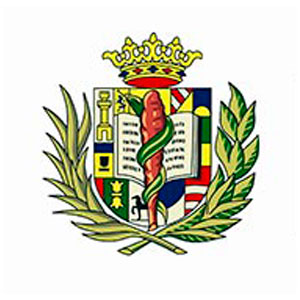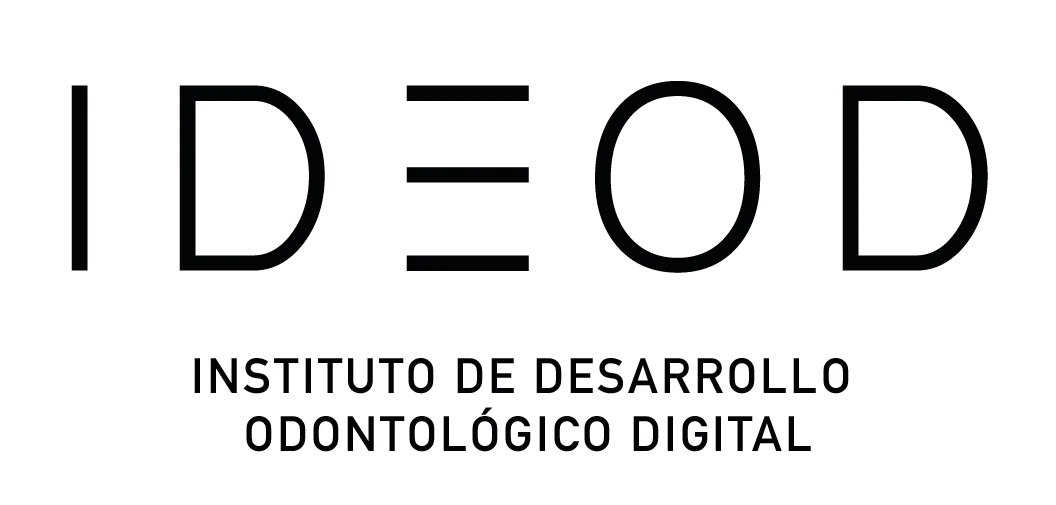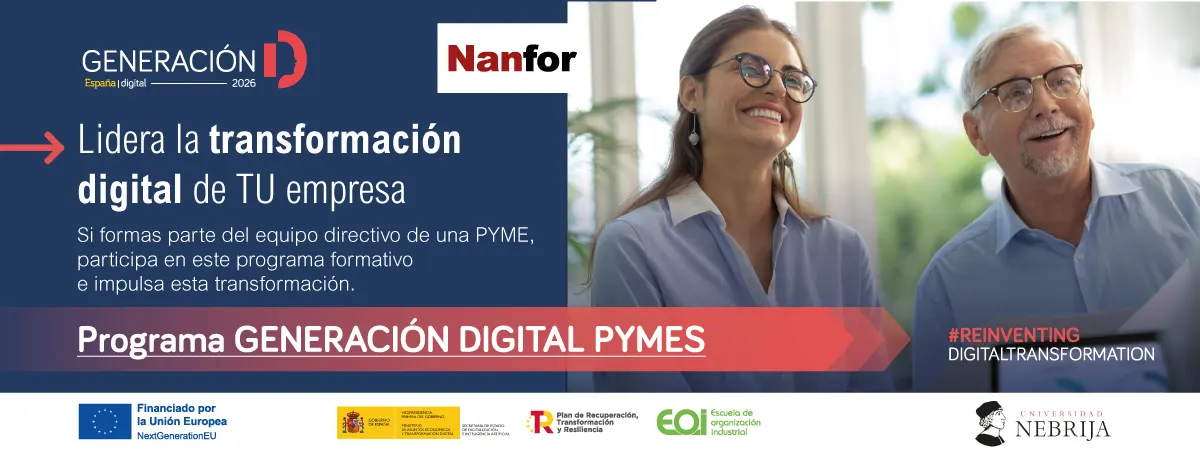Continuous Training
Knowledge areas
Language Area
Business Administration Area
Tourism Area
Education Area
Art and Design Area
Communication Area
International Relations Area
Technology and Data Strategy Area
Law Area
Health Area
Area of Methodology and Statistical Analysis for Sanitarians
Update Area in Medicine and Medical Emergencies
Communication Area for Sanitarians
Nursing Update Area
Update Area in Physiotherapy
Multidisciplinary Area for Sanitarians
Access Area
Collaborating Centers






